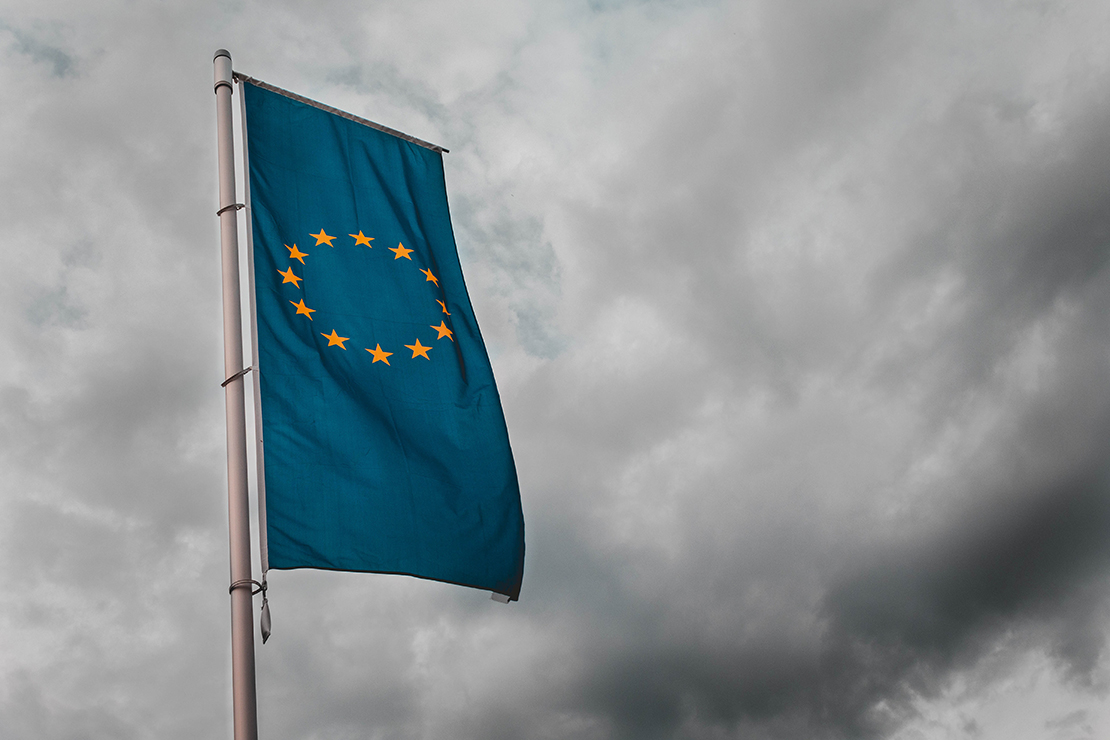The EU Green Strategy for the Western Balkans: Decarbonisation Process and Trends in the Region. What are the options for Kosovo?
September 30, 2021
Authors

Private: Dr. Nicasia Picciano
peace- and state-building, ethnic conflict, EU enlargement and corruption in Kosovo and the Western BalkansThe paper is divided into five sections. The first one describes the purpose, scope and aims of the EU Green Deal by pinpointing on the one hand the circular economy discourse and the prioritization of the decarbonization process on the other hand. The second section clarifies the need of implementing the Green Deal in the Western Balkans, considering their role as a key trade partner for the European Union, by exporting to Europe materials produced with carbon-emitting and conventional technologies, as briefly outlined above. The third section deals with the commitments and results achieved in the Western Balkans with a view at dealing with the decarbonization process, while committing themselves to downsize CO2 emissions through various formats (i.e., Energy Community, Paris Agreement, EU Climate Law, National Energy and Climate Plans, etc.) and investing in renewable energies. The fourth section clearly outlines that renewables are the way forward, while highlighting the countries’ somehow still consistent reliance – except for Albania – on coal, with Serbia leading the group. The fifth and last section deals with Kosovo lagging far behind its neighbours in terms of usage of renewable energy sources.
The EU Green Strategy for the Western Balkans: Decarbonisation Process and Trends in the Region. What are the options for Kosovo?

 Download PDF
30/09/2021
Download PDF
30/09/2021Share article
Latest Publications
April 24, 2024
Policy Analysis
Tracking Kosovo's Commitment: Monitoring Adherence to the Venice Commission Rule of Law Checklist in ...
April 8, 2024
Policy Analysis
Reflecting on the Third Year of Kurti II: Setbacks and Achievements in Rule of Law, Public Administr ...
March 22, 2024
Policy Analysis
Lost, “in the Twilight Zone” Rebutting the Court’s Blunder
Related Espresso Insights
March 4, 2024
Espresso.Insights
Passport Hangover: What’s next after Spain’s Kosovo breakthrough?

January 16, 2023
Espresso.Insights
Recognized but not supported: Hungary's stance on Kosovo's EU bid




